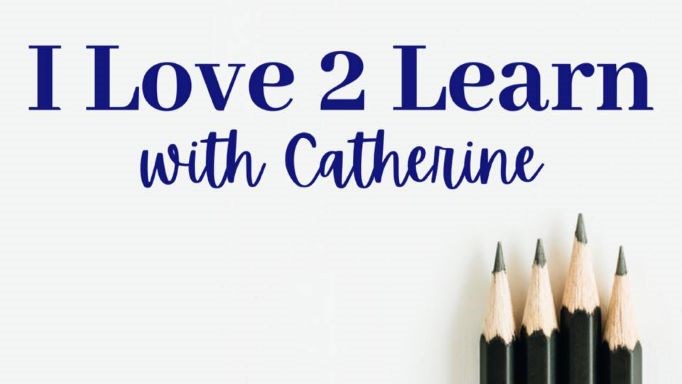Why Study American History?
Tuesday, July 4, 2023 by Catherine Gilliland | American History
.png)
Have you ever asked yourself, "What is the value of studying history?" If you haven't, maybe your son or daughter has. What is your answer?
Over the past year, I engaged in an opportunity to take a deep dive into studying US History. I rediscovered American History's capacity to fascinate and thrill me. Its value to me as a topic of rumination and discussion expanded, and the echoing of its accounts led me to retrace a wild journey of emotions associated with the human experience.
My first experience with US History was in an 8th-grade public school classroom. My memories of the class are distant in regard to the class content, yet clear as I recall the encounter was dull and boring. What was the difference between my then and now experiences? How can I encourage my students to value all that the study of history has to offer?
I believe the foundational answer lies in simply curating a value for understanding the world, people (in general), and oneself. From there, the interest follows.
The fact that the world is constantly changing becomes evident as a learner is exposed to a myriad of historical stories. The story of humankind can be experienced through literature (short stories and novels), "field trips", movies, and oral accounts. Ask grandparents or older friends to tell stories about what their life was like when they were young. Select an engaging family read-aloud that is set during a period of history and enjoy the story together!
Events never occur in a vacuum. As students ponder history, emotions may arise as they recognize and reflect upon how individuals and groups experienced the events and culture of their day. To unfold an appreciation for the remarkable uniquenesses of humankind and depth of understanding for people in general ask questions such as, "How do the people respond to the favorable events or culture within which they live?" and conversely, "What reverberations are observed to poor and even harmful events and culture?". Follow up a grandparent's stories by asking questions about their it. "Was this a difficult experience?" "Why did this happen?" Between chapters in a family read-aloud, engage yourselves in the story through casual discussion. "What caused X to happen?" "How did the event(s) benefit/harm the characters?" "How are things the same/different now?"
Together, historical events and human responses form repetitive themes of history. Often students need coaching to recognize these themes. Once recognized, ask oneself (or prompt a student to answer) progressively probing questions. "What conclusions can be drawn from these observations?" "What corrective ideas or actions would remedy the adverse themes?" "What strategies would promote advantageous themes?" As students are challenged to consider solutions to the issues of their day and the chronicles of the past, they begin to understand themselves. Further your read-aloud conversations by considering if the characters have avoided the problems. If so, how? If not, what other actions or responses may have led to a solution?
How can I encourage my students to value the study of history? Provide clear, engaging accounts of its actual events in story form. Undertake moments of reflection on the human experiences from different periods of history. Create real-time and simulated participation in problem-solving as it relates to historical and current events. Immersing oneself, your students, and your family in the historical record invites history to come alive for everyone!


